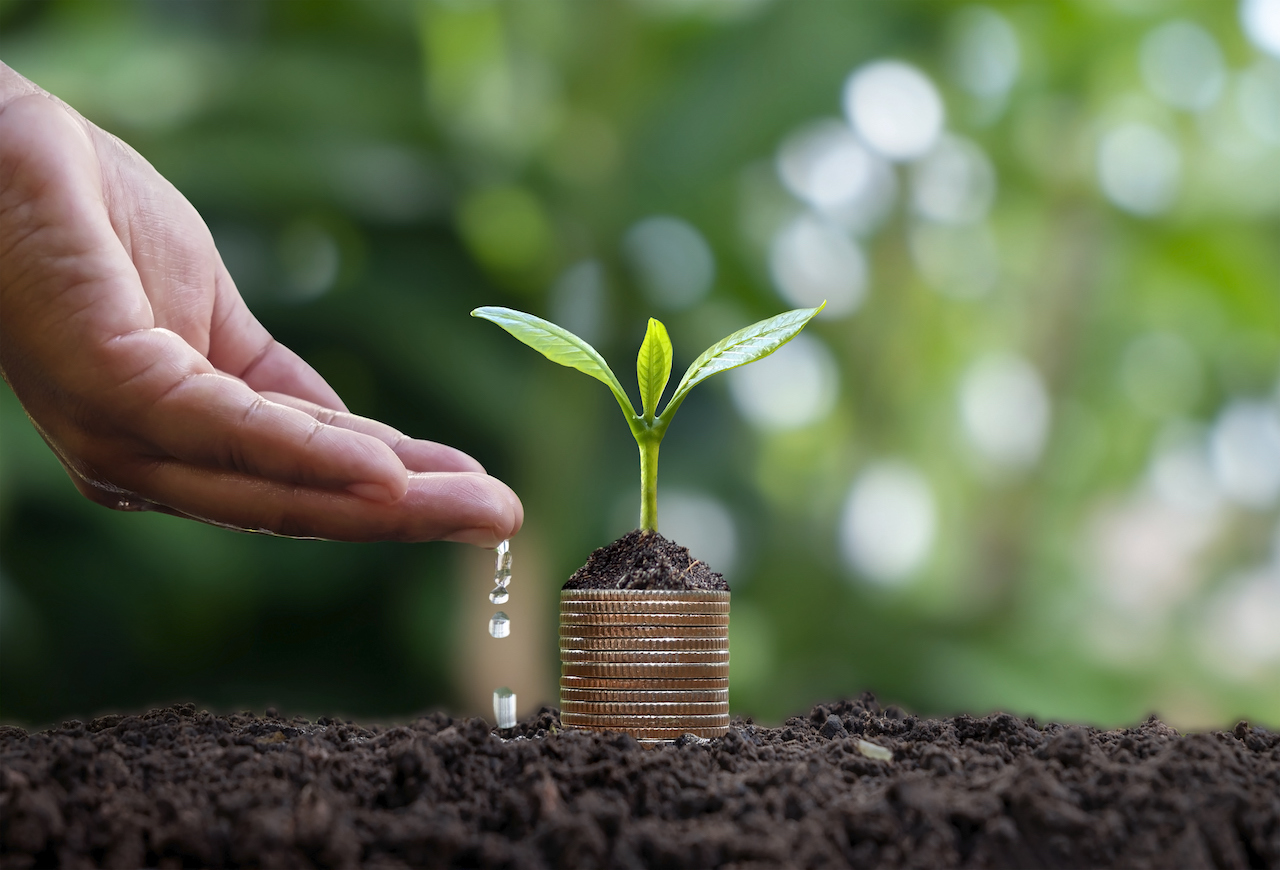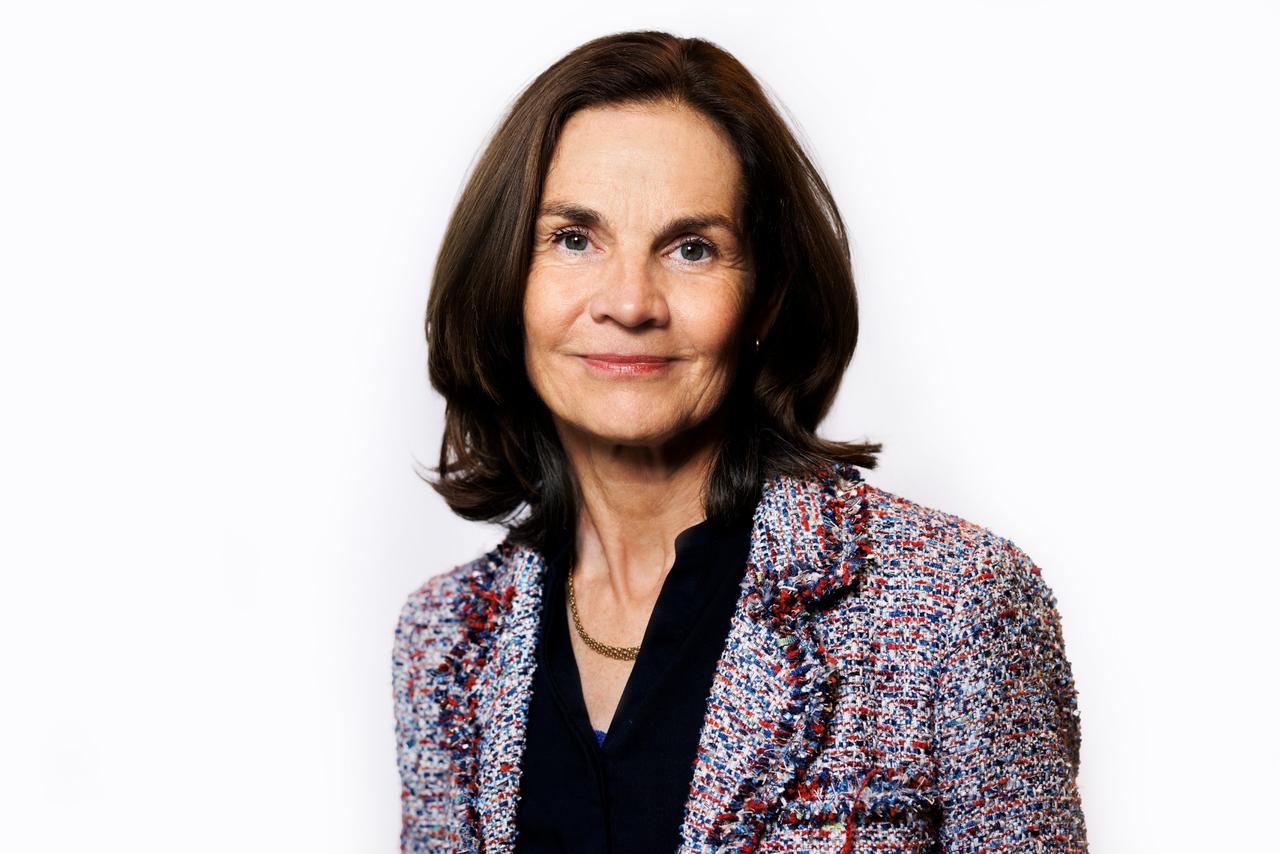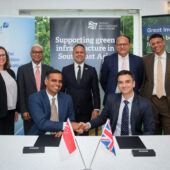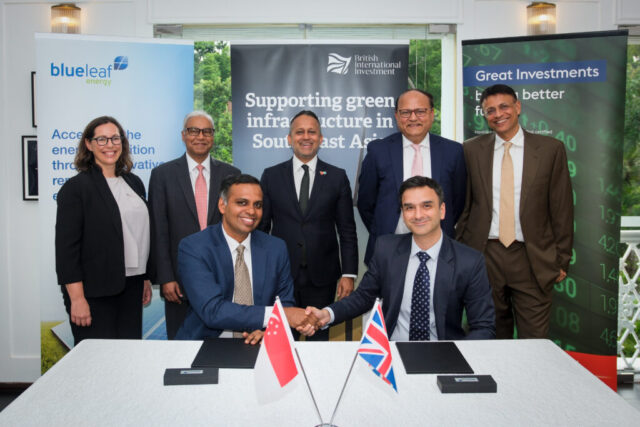Anne Gram has worked with a range of asset managers and pension funds over her 30-year career. The industry veteran talks to Impact Investor about her journey into the world of sustainability, directing capital flows towards the wellbeing of the planet, and the institutional outlook for impact.

Anne Gram has an investment background and serves as a board and investment committee member at a variety of European pension funds and institutional investors, including ATP, United Pensions, Fonds1818, Hal, ING and the pension fund for doctors in the Netherlands. She also serves as investment committee member of two Irish sovereign wealth funds – the Future Ireland Fund and the Infrastructure, Climate and Nature Fund.
In addition to her asset owner roles, Gram also sits on the supervisory and advisory boards of a range of organisations active in impact, climate and biodiversity investing, including ASN Impact Investors AII.

Maha Khan Phillips (MKP): What inspired you to focus on sustainable and impact investing, and was there a defining moment in your career that pushed you in this direction?
Anne Gram (AG): I came from a traditional asset management background, and I had a traditional risk and return mindset. Looking back, I think having children over 20 years ago made me think more about things. I started to really dig into the technicalities of global warming and the climate and I was shocked by what I learned. I asked myself what I could do, not just on a personal level, but in terms of the most important choices that big money could make.
I started to really dig into the technicalities of global warming and the climate and I was shocked by what I learned.
I have been really fortunate to have worked with a lot of big investors with a huge amount of assets during my whole career. Even just ten years ago, people were not really interested in discussing sustainability and stewardship. Many did not even have a sustainability policy. There was an education component needed here, helping people recognise that you can have metrics beyond risk and return and that you have an economic return and an impact return at the same time. Traditional risk return metrics are backward looking. They do not take future changing risks into account and that is something that people need to be aware of.
MK: What are the biggest challenges that institutional investors face when integrating impact investing into their portfolios, and how can they overcome them?
AG: How to make impact investments is a fairly recent discussion that is happening. Even a couple of years ago it wasn’t part of the conversation for many investors because it didn’t fit into the standard framework. I’m an advocate of taking a whole portfolio view – how does your whole portfolio have an impact in the real world. When you do that, you realise that most of it is actually negative, because we produce things and we use things, that’s what companies do. There’s a lot of emissions, there’s a lot of waste. Almost all growth has a negative impact, and we can’t fit that into a standard framework. Neither can we grasp future risks.
I’m an advocate of taking a whole portfolio view – how does your whole portfolio have an impact in the real world.
The risks we deal with in the future might be very different from the ones we are used to. I think that’s a big challenge, creating risk metrics that are forward looking. This is a discussion that people like Frank Elderson at the European Central Bank are really highlighting. The fact that different, future risks can’t be precisely measured does not mean they aren’t important. There are very real risks here, climate risks, biodiversity risks will impact our investments and are likely to spread across companies and sectors.
MKP: So how can pension funds most effectively balance their fiduciary duties with the pursuit of impact investing goals?
AG: Broadly speaking, as I said, it’s about thinking about your whole investment portfolio, but more specifically, there is a universe of companies you can invest in. A very small part of the companies is just really clearly doing the wrong thing and are not able or willing to change. On the other side of the spectrum you have companies making a positive impact. Then there’s the companies in the middle, which will be the biggest part of the real economy. Think about how to avoid and reduce negative impact. Use your active ownership. Help these companies move in the right direction.
Clearly, the precondition is a market rate return. You are the steward of other peoples’ money and need to generate returns to, for example, pay out pensions. But you can generate that market rate return in many ways, the investment universe is huge. You don’t need to buy everything, you can actually choose what you buy. If you go to a supermarket, for example, you don’t buy everything, you pick and choose.
Use your active ownership. Help these companies move in the right direction.
Make sure your allocations hit your required risk return metrics but add some positive impact investments as well. For example, dedicate 1% of your assets to impact investing. That doesn’t have impact on your balance sheet but it can have a big impact on the world. If a large investor allocates 1% that can be a huge game changer. If you are a smaller fund, there are some asset managers offering impact solutions where you get access to a lot of different impact funds. So that makes it a lot easier, I think. Just start, as it will not completely fit into our standard frameworks.
Of course, governments and rule and standard setters carry an extremely large responsibility in setting the scene for addressing these huge problems so large investors should also engage with these actors.
MKP: If you could give one piece of advice to the next generation of investment professionals who want to make a difference through impact and sustainable investing, what would it be?
Work hard and also follow your heart. There will be huge market opportunities for young professionals who want to contribute, for example through working with climate infrastructure. Find people you can connect with so it doesn’t feel completely depressing, but go into action mode. Humankind has been terrible about ruining the planet but at the same time, we are incredibly resilient and entrepreneurial and good at finding new technologies and developing things. There is a lot of ingenuity here and that can be a really positive factor. Let’s hope for that.
Work hard and also follow your heart.
MKP: What about the political headwinds we are facing, particularly in the US?
AG: We shouldn’t let that deter us from action, because the underlying problems are not going to go away. The real problems are going to continue, even in the chaos of the daily news. Postponing dealing with these challenges will just increase costs hugely. The underlying trends are quite clear. Stay optimistic and find a coalition of the willing. Field building can be really impactful: working together with many different parties: investors, politicians, NGO’s, academics etc. That’s what I’m doing in my own work.





